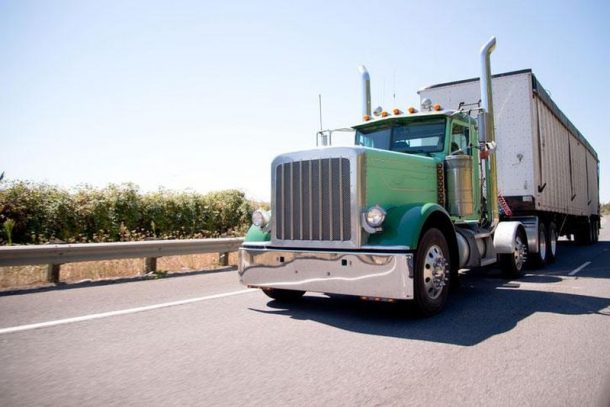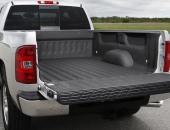If you’ve ever seen a job posting for truck driving positions, you may have wondered if it’s something you should consider or something that might be right for you. It tends to be an industry where there is always demand, and you can enjoy a certain level of freedom and flexibility.
The following are some things to consider about truck driving jobs.

Source:monster.com
Millennials and Truck Driving
There was a report from NBC news in 2018 highlighting the fact that more Millennials might want to consider a career in trucking. So why is that?
There were a few reasons cited in that particular article.
First, according to a report from the American Trucking Association in 2017, the industry will need to hire nearly 900,000 more drivers because of increasing demands. As of last year, in the truck driving industry, there were 185,000 jobs added within a four-month period alone.
As with some other industries and sectors, trucking needs people badly, and they may be willing to pay a premium for that talent.
Also, many of the existing drivers in the industry are getting older. The average age of commercial truck drivers is 55, and many older drivers are retiring which is why the industry is looking for Millennial talent to fill those emptying positions.

Source:aacc.edu
Not All Drivers Are Long-Haul and Cross-Country
When the trucking industry seeks to recruit and hire new talent, they face challenges because of perceptions people have.
Many people view a truck driving career as one in which they have to drive days across the country, and sleep in their truck or spend meals at truck stops. However, according to professionals in the industry, this isn’t what most drivers do.
In reality, only a relatively small percentage of drivers in the industry are tractor/trailer drivers. Many people work in delivery and will go out for the day and perhaps drive around five hours one-way and then return.
What’s the Income Like?
For most people who opt to become truck drivers, it’s because it’s a good way to make a relatively good income, with fairly minimal training required.
Starting out the income can be a little low. For example, a new driver in their first year might start at around $35,000 a year. However, there are generous sign-on bonuses at most companies that can be $5,000 or more. If you ultimately become an owner-operator, you can expect an average salary of around $141,000 a year.
For veterans, there’s also the opportunity to utilize components of the VA’s veteran apprenticeship program to cover the costs of CDL training.
Travel
If you do go into the trucking industry and make long-haul trips, you get the opportunity to see the country. Many truck drivers say they’ve had the opportunity to see some of the most beautiful places in the country because of their work.
It’s not for everyone to travel this way, but for people who enjoy the idea of being a road warrior, it can be a good opportunity.
Some people love driving, and they thrive when they’re on the open road, so for these people, trucking driving can be a great match.
Are You Okay with Being Alone?
One of the biggest challenges new truck drivers have to overcome is being alone. It’s definitely a downside of the job if you don’t enjoy solitude, but maybe you do in which case, you should like that aspect of the job.

Source:smart-trucking.com
CDL Training
Finally, a lot of people who would consider a career as a truck driver worries about the licensing program to get the CDL license. CDL stands for commercial driver’s license. There are different types of CDL, and the one a driver needs depend on what kind of work they plan to do.
The Federal Highway Administration oversees the standards for testing and licensing of commercial drivers.
The Class A CDL license is for interstate tractor-trailer drivers and intrastate tractor-trailer drivers. The Class A license is what a person needs to be able to cross state lines. The Class B CDL license is for local delivery drivers, dump truck drivers, and bus drivers.
To get the licensing, there is a classroom component of training where students learn the technicalities of driving. This can include things like trip planning, and permit requirements. Then, once someone completes the classroom part of training, they learn hands-on instruction in driving school.
This is when drivers learn specific skills such as backing the truck up and change lanes. Once someone masters the hands-on learning skills, they can start training on real roads and highways.
The love of SUVs is what can set you apart from other students. Aside from that, you probably face such a problem as not knowing what to do with your life after college too. Therefore, you will probably like the modernman.com article, which will help you figure out what to do after graduation.




